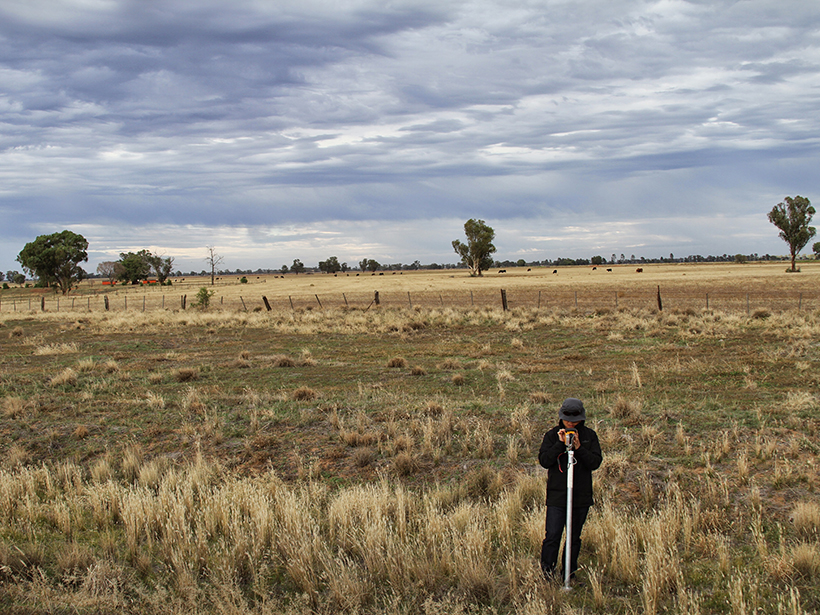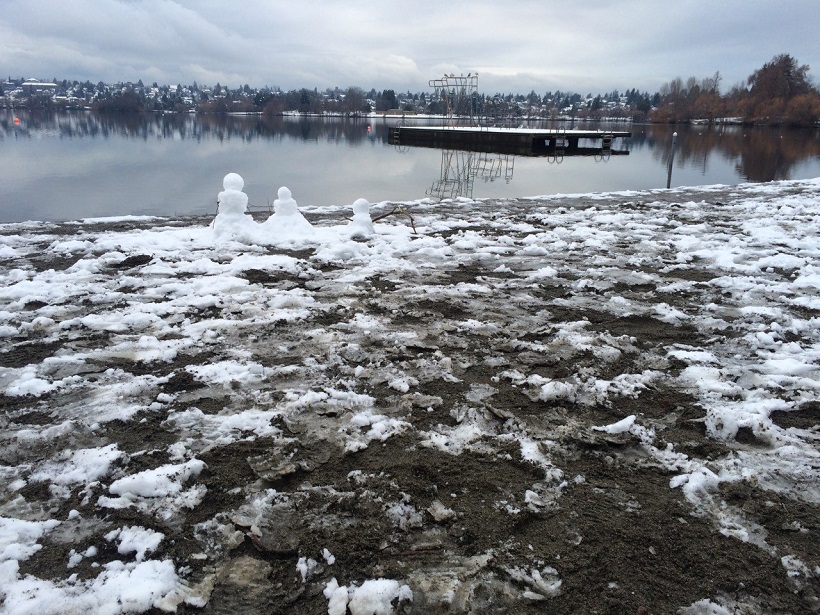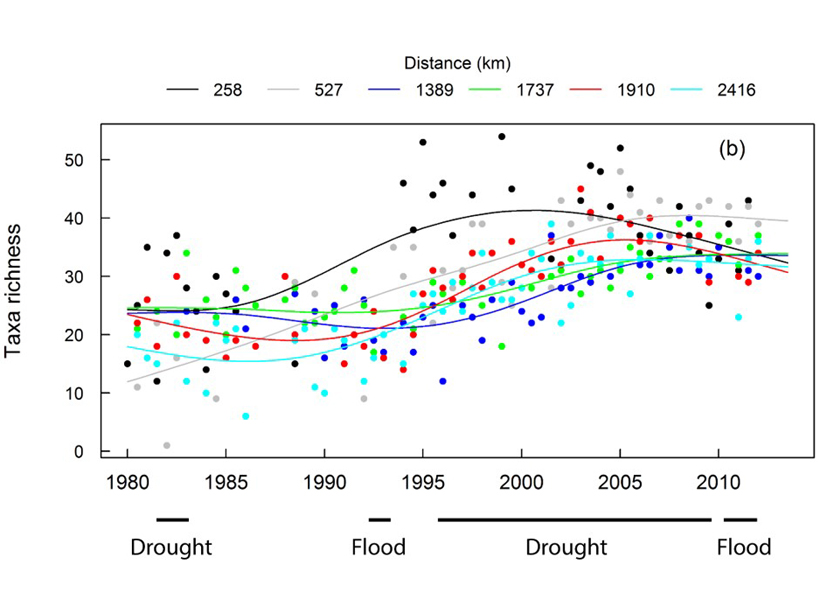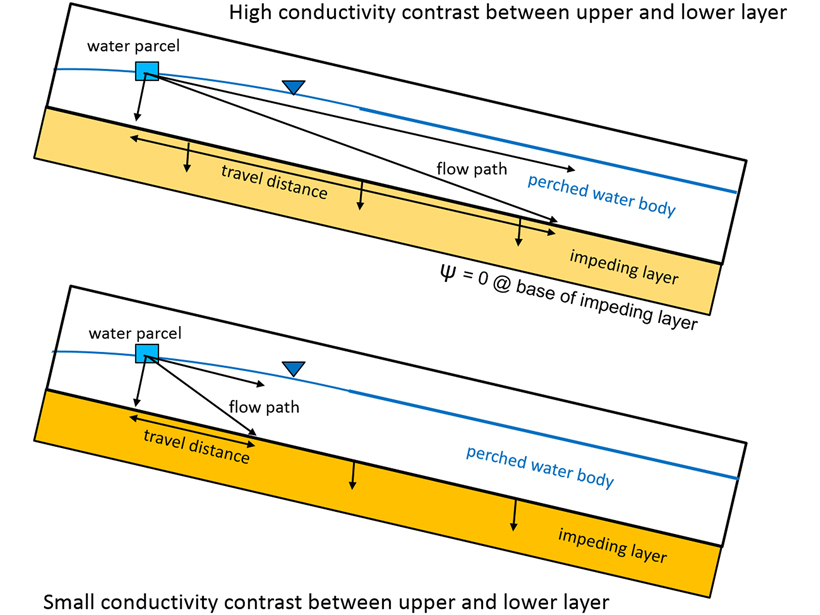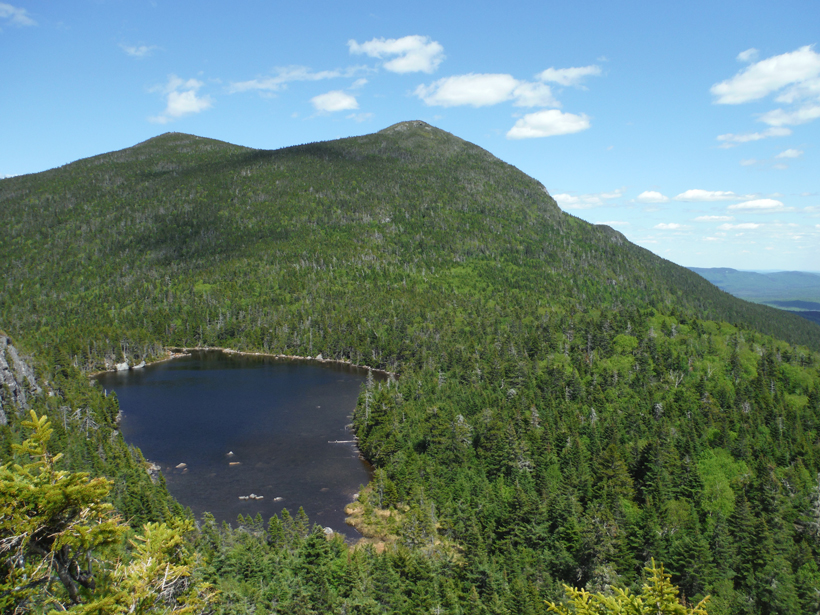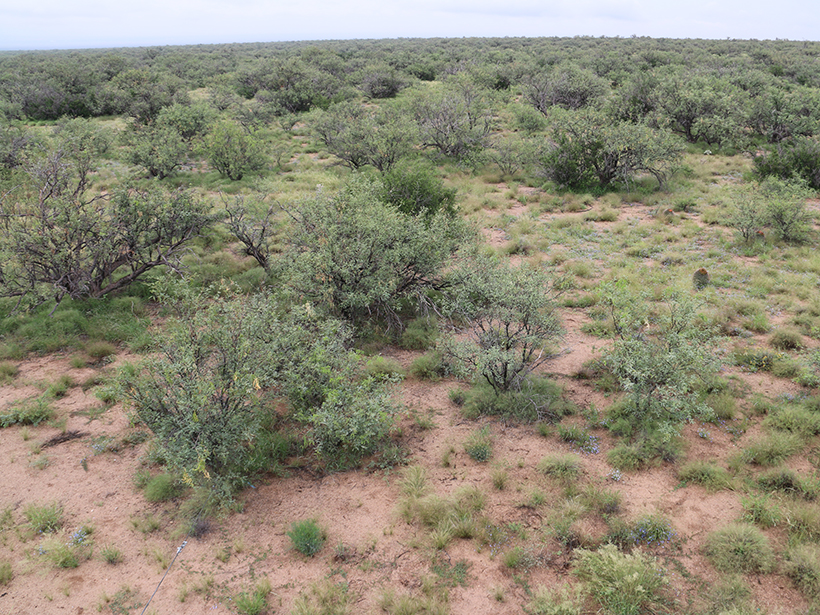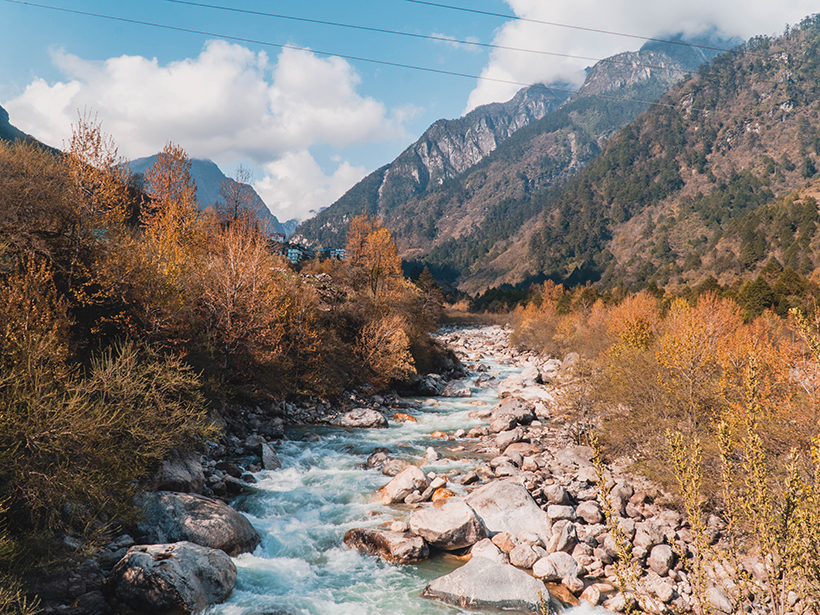Information is lost when researchers combine statistical models and remote sensing data, but just how much is often unclear. A new study offers a framework to measure the inefficiency.
Water Resources Research
Long-term Dataset Reveals How Management Affects River Biology
River systems are affected by societies against a backdrop of climate change. A new dataset reveals how these forces affect river flow, chemistry, and the biological health of the river.
Upper Hillslopes May Not Contribute Directly to Stormflow
New research challenges long-held ideas about the path of subsurface water from hillslopes to streams.
Massive Scale Evaporative Water Losses from Irrigation
Evaporation can demonstrate the effects of crop irrigation on decadal trends in evapotranspiration at a regional spatial extent.
What Is a Nuisance Flood, Exactly?
A more precise definition could help cities and governments prepare and respond to hazards.
Effects of Acid Rain, Climate Change on Freshwater Lakes
New England lakes weathered years of acid rain. A new study tracks how they are faring after 30 years of regulation and how climate change factors into the equation.
How Mesquite Trees Gain a Competitive Edge in Arid Arizona
A new study shows that mesquites employ hydraulic redistribution to move water between soil layers in the savannas of Santa Rita.
Studying Soil from a New Perspective
Cosmic ray neutrons probe soil moisture in the Great Plains.
A Closer Look at Turbulent Transport in Gravel Streambeds
Lab-built streams reveal new insights into turbulence-driven exchange of dissolved substances between stream water and sediments below.

